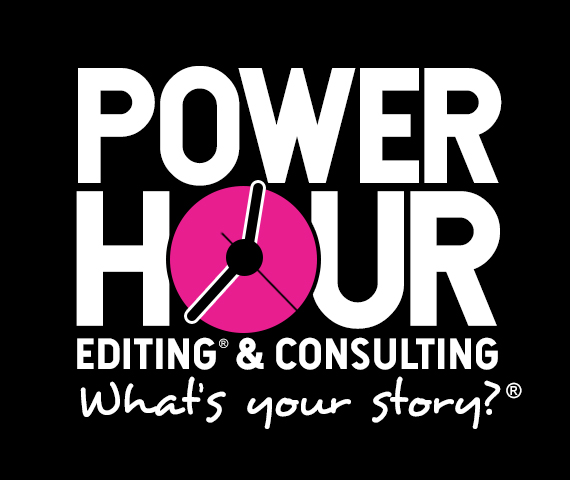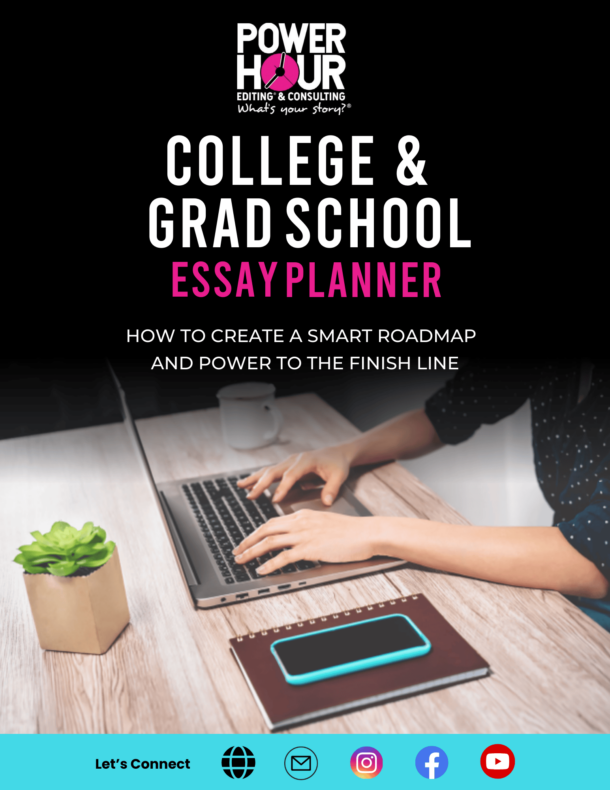I’m taking a slight detour from talking about essays (or am I?) to talk about the Test-Optional wave. The latest news: The LSAT will no longer be required starting in 2025! The fine print, of course, is that the ABA voted to not make it mandatory, but individual schools still can. It’s another maze for students to navigate, but I wanted to share some thoughts on all of this for college- AND graduate school-bound students.
First, the American Bar Association just voted to end law school’s LSAT requirement. While this does have to go before the ABA’s governing board, which could reverse the decision, Reuters reported the possible change (2025) is “giving law schools time to plan for new ways to admit students.” Hopefully, that will come with transparency to guide applicants on how to be most competitive without a test score.
Now let’s talk undergraduate admissions. When the pandemic hit, more than 1 million juniors couldn’t take the ACT/SAT, leading to a lot of stress, last-minute cancelations, and more. That set into motion a massive test-optional wave, which was welcome to many people. I’ve helped students edit MANY explanation statements declaring that a three-hour test is NOT representative of their overall academic record. There’s speculation that tests matter, that they don’t, that test-optional doesn’t really mean optional, and more. I’ve told students that if they have a score they want to report, go for it! And be happy about it. Or…if they didn’t take the test or didn’t perform the way they felt represented their best ability, don’t worry! It’s a great time to apply to college without a test score. Yes, there is a downside to all of this. The number of applications has surged. It’s easier to apply, so with larger numbers of applicants, it floods admissions offices and leads to more deferral and rejection. Something that really stuck with me was one competitive school that said they could fill the freshman class multiple times without compromising the quality of students. So that stinks! And it makes the admissions formula even more mysterious than ever before.
A great article by Jeffrey Selingo, in The Washington Post, “Harvard and its peers should be embarrassed about how few students they educate,” tackles this issue. Selingo, author of Who Gets In and Why: A Year Inside College Admissions, begs the question…why aren’t colleges (especially those with huge endowments) INCREASING the size of their freshmen class, especially with stats like this: “Ivy League colleges grew by 14 percent over the last 30 years, lagging far behind the 44 percent rise in the number of high school graduates.” Clearly, colleges need the bandwidth (dorms, professors, classes, resources, etc.) to accommodate more students, but I’d love to see larger classes if possible or more creative avenues to higher education (online, experience-based, etc.)!
Frequently, I’m asked if test-optional means the writing matters more. I see an application as a series of data points, all connecting to tell a student’s story. If you remove ONE of those data points, then the rest of the points must step up to tell the story. In EdSource’s “With Test Scores Out, College Essays Count More,” Larry Gordon reported on the increasingly qualitative nature of admissions noted by Timothy Brunold, University of Southern California’s Dean of Admissions. In 2020, when this all started, Brunold advised, “I think that this year of all years, they should pay particular attention to the writing that they submit to colleges.” In this same article, they include a list of essay do’s & don’ts which I love (except the last one is a typo – YES, DO PROOFREAD!).
In my presentations to schools, I love to share MY do’s & don’ts, one of which is BE AUTHENTIC. It’s the #1 piece of advice I hear from admissions, and guess what? It’s mentioned in the EdSource article, too! Because it’s critical. BE YOU!
Before the pandemic-imposed test-optional wave, FairTest.org was a great source for finding which schools were test-optional. They quickly got on board with all of the new changes and list the 1,800+ schools not requiring scores. Their mission: “FairTest works to end the misuses and flaws of standardized testing and to ensure that evaluation of students, teachers, and schools is fair, open, valid and educationally beneficial.” Their list shows test-optional and test-free (also called test-blind), which means even IF scores are presented, they aren’t considered.
So what does this all mean? Present yourself well! Focus on doing activities you love and reporting your impact with WOW FACTORS! Optional supplements are rarely “optional” if you want to sell yourself in a meaningful way. And of course, continue to tell your best stories throughout the application!
Curious what you think of the test-optional wave? Add a comment to this post to join the conversation!
Amy Smith
Editor-in-Chief, Power Hour Editing


